WOHESC
WOHESC Blog
 Interview with Justin Masi, WOHESC Graphic Facilitator
Interview with Justin Masi, WOHESC Graphic Facilitator
Tell us a little about yourself, and how you got involved with WOHESC?
My name is Justin Masi and I am currently a student studying Sustainable Practices at Cascadia College in Bothell, WA - a tiny school about ten miles north of Seattle.
For as long as I can remember I have used visual art to express the way I feel. I can remember drawing pages upon pages of invented characters when I was a child. I have always used my artwork to tell stories, usually silly ones that may sometimes be funny or may at other times make no sense at all. Last year at WAHESC I brought along my trusty notebook as I always do, and spent the entirety of the conference sketching the main ideas of the lessons I was learning, or ideas that I had while listening to the various speakers. The pages of my notebook filled out with caricatures, logos, graphs, and illustrations that either had to do directly with something occurring at the conference or something that was happening in the lives of the people I was sitting near whom I overheard talking about themselves, inspiring me to record what they were saying in illustration form.
Near the end of the conference I was approached by Sierra, one of the conference organizers, who asked to see what I was working on. She seemed to like it, so I asked her to contact me if I could ever help out with any conferences in the future. A few months before WOHESC, I received the email inviting me to participate as a graphic facilitator during the 2018 gathering in Portland. I was overjoyed. I said yes.
How would you describe your artistic style? What were you trying to communicate through your design at the event?
I would describe my artwork as cartoony (is that a word?), with an amount of whimsy that serves to make the pictures fun to look at, but hopefully not so much that they become too sickeningly sweet to be enjoyable. Since this was the first time I had ever tried to turn my skills from the private form of illustration which I normally create into a larger scale expression that others can witness while it is being created, I wasn't sure exactly how to go about designing this project. I knew how something like this worked on a small scale in a tiny notebook where I know nobody else but me will most likely ever see it. Making something, though, that others will be looking at and possibly using to bring to mind something a speaker had just talked about, added another level to the design process that I was not exactly sure how to confidently go about doing.
Instead of approaching this project with any sort of preconceived idea about how it was going to look or what I was going to draw, I just allowed myself to be open to the moment in which each speaker was sharing, and trusted my artistic sensibilities to focus on the things that mattered the most-- or at least those things that my particular brand of self expression can best recreate in marker, pen or pencil. I sat down that first day and began to sketch the outline of the great state of Oregon and it all just flowed seamlessly from there.
Were there any parts of WOHESC that you found inspiring? What is something that you took away from your experience?
I found the entire conference inspiring. Being reminded of how social equity is inextricably linked to environmental sustainability and the long-term viability of life on our planet was satisfying, invigorating, and enlightening. I will carry with me always the concept that without justice and equality we cannot have true sustainability. This was a concept that had never been a flesh and blood reality for me until I heard it spoken of at great length in the keynote speeches given at WOHESC.
To see more of artwork by Justin Masi check out www.sixcicadas.com. Or digitally reach out to mustinjasi@gmail.com if you just want to say hi.
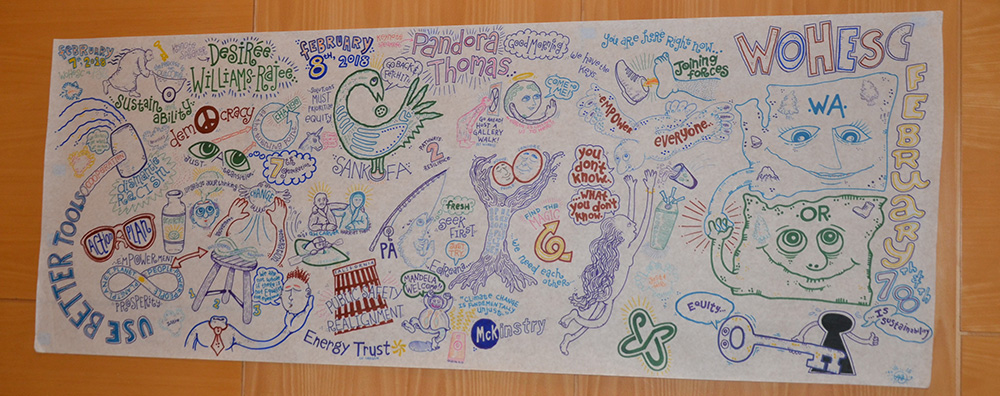
![]()
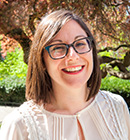 Keynote Speaker Interview with Jessica Finn Coven, Chief Resilience Officer & Director of the Office of Sustainability and Environment, City of Seattle
Keynote Speaker Interview with Jessica Finn Coven, Chief Resilience Officer & Director of the Office of Sustainability and Environment, City of Seattle
Our final Keynote speaker, Jessica Finn Coven, was recently appointed to the newly created position of Chief Resilience Officer for the City of Seattle, where she also serves as Director of the Office of Sustainability and Environment. She gave us a sneak peek at her upcoming address to WOHESC attendees about the role of higher education in advancing equity and sustainability on a legislative level. Register today to hear her speak on Thursday, February 8.
Your bio lists one of your titles as Chief Resilience Officer. Tell us more about this unique role, and what the impetus was behind the creation of this position.
In 2016 Seattle was chosen to participate in the 100 Resilient Cities network, a program pioneered by the Rockefeller Foundation and designed to advanced urban resilience in 100 cities across the world. As part of that grant, Seattle was given the resources to hire a new position for the City, the Chief Resilience Officer, and I was honored to be appointed to this position.
The CRO is really a multifunctional position, designed to work across city departments and with diverse stakeholders outside of city government. My focus is on understanding what Seattle's greatest resilience challenges are, and then bringing people together to design and implement strategies to address them. For Seattle's resilience efforts, we are leading all of our work with a racial equity focus, recognizing that we will never be able to achieve resilience in our city when there are institutional barriers that unduly burden some communities more than others. We are bringing this focus to advance solutions to things like climate change and the need for more community cohesion that also work to advance racial equity.
What is the role that higher education institutions play in fostering equitable, vibrant communities and shared prosperity in the Pacific Northwest?
Higher education institutions are critical partners in all our work as important researchers, thought partners, and as training grounds for the leaders of tomorrow. Academia is a place where innovation thrives and where people are given the resources needed to come up with the next great ideas that will help society. In Seattle, working institutions of higher ed have been a key part of our resilience strategy, recognizing that city government and our research institutions need to be more connected in order to make change happen.
How do you think that sustainability aligns with equity? Tell us about the various programs and environmental solutions your department is working on.
We view equity and sustainability as one and the same: a city is not sustainable if it is not equitable and to truly advance equity we need to have healthy, sustainable communities. For too long, communities of color have disproportionately experienced environmental burdens from poor air quality to proximality to polluted lands to a lack of access to healthy foods. Until we address that and ensure that the most impacted communities are the ones leading on the development of solutions, we'll never truly be a resilient or sustainable city.
One of our office's major functions is advancing environmental equity. We house Seattle's Equity and Environment Initiative, a program designed to ensure that all communities in Seattle benefit from our environmental progress. The initiative released Seattle's Equity and Environment Agenda in 2016, which serves as the road map for our city to advance environmental justice. We also coordinate place-based environmental justice programs, starting with Seattle's Duwamish Valley.
What are a few takeaways you hope the WOHESC attendees will gain from your Keynote address?
I hope attendees will see the importance of increased partnerships between municipal government and higher education institutions and will feel inspired by the work we're doing in Seattle so that they want to get involved!
![]()
Speaker Interview with Portland State University President, Rahmat Shoureshi
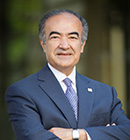 We are excited to welcome PSU's ninth president, Rahmat Shoureshi, as he delivers opening remarks at WOHESC on Wednesday, February 7.
We are excited to welcome PSU's ninth president, Rahmat Shoureshi, as he delivers opening remarks at WOHESC on Wednesday, February 7.
Shoureshi brings to PSU nearly four decades of academic experience, a record of expanding research opportunities, and a history of inspiring faculty collaboration. Shoureshi sat down for an interview to discuss PSU's commitment to diversity, civic engagement and innovation and how it persuaded him to join the university.
What does sustainability mean to you?
Sustainability means taking responsibility for the condition of our planet so that our children and grandchildren can enjoy the same or a better quality of life, with clean air, clean water and healthy natural systems that are the foundations for our economy and society.
Sustainability has many competing definitions. Portland State's Institute for Sustainable Solutions describes sustainability as a way of organizing our society and economy so that the world's population can use our planet's natural resources to meet their needs in ways that do not compromise the ability of the next generation to meet its own needs. This definition has imbedded within it principles of social justice and a recognition of the need for a strong economy. I am comfortable with that definition.
Why should it be a priority for universities?
Sustainability includes issues of tremendous global significance, including the threats to our economy, our safety, even our food and water supplies posed by climate change and the degradation of other parts of the environment. Here in the Northwest the impacts of climate change are becoming evident in increased flooding, high-heat events, fires, changes in weather that affect farming, ranching and forestry.
Faculty research is needed to understand the consequences of unsustainable uses of our natural systems and resources and to find solutions. For students, understanding principles of sustainability and how to realize them will become an important part of almost all fields of study.
As a practical matter, it's a priority for universities because it's already a priority for many faculty and students. That is certainly true at Portland State where there are more than 130 Faculty Fellows at the Institute for Sustainable Solutions and many courses with a sustainability theme or element have been offered, and which is part of our university's national reputation.
What is PSU doing now to promote sustainability on campus?
For many years PSU has worked hard to practice what it preaches on sustainability.
Since 2004, PSU has implemented a green building policy requiring all new construction and major renovations to meet the LEED (Leadership in Energy and Environmental Design) certification through the U.S. Green Building Council, and now commits to achieving at least LEED Gold. We just opened a LEED Platinum new School of Business, our third LEED Platinum Building. We are partners with OHSU and Oregon State in a third LEED Platinum Building, the Collaborative Life Sciences Building. We have four LEED Gold buildings and thee LEED Silver buildings on campus, and we are about to begin the renovation of Neuberger Hall which we expect to achieve LEED Gold.
We were pioneers in using green infrastructure to treat our stormwater, including both green roofs and rain gardens.
We have co-invested with public agencies and private companies to help pay for, and to integrate into our campus, streetcars, light rail, bike sharing, bicycle repair and service, carpooling and parking pricing systems. As a result, the share of our students, faculty and staff who get to PSU by driving alone has dropped dramatically.
Of course, as suggested by the prior answer, perhaps the most important way we promote sustainability on campus is by making it an important part of our research, education and community partnerships.
When creating a Five-year Strategic Plan for PSU, was sustainability taken into consideration and if so, how does it fit within the strategic plan?
Sustainability is very prominent in our Strategic Plan. Consider these excerpts:
Our Vision: Portland State University leads the way to an equitable and sustainable future through academic excellence, urban engagement and expanding opportunity for all.
Our Mission
- We serve and sustain a vibrant urban region through our creativity, collective knowledge and expertise.
- We are dedicated to collaborative learning, innovative research, sustainability and community engagement.
- We educate a diverse community of lifelong learners.
- Our research and teaching have global impact.
Our Values
- We promote access, inclusion and equity as pillars of excellence.
- We commit to curiosity, collaboration, stewardship and sustainability.
- We strive for excellence and innovation that solves problems.
- We believe everyone should be treated with integrity and respect.
Our Reputation: Portland State University pursues excellence through: Accessibility; innovation; collaboration; engagement; sustainability; transformation.
You've created an Equity Lens Panel at PSU that will review and make recommendations on the strategic planning process. How does equity and diversity fit into sustainability, and why is it important?
Climate change is a good illustration of the close relationship between equity (social justice) and sustainability. For example, sea level rise and coastal flooding pose the greatest risk to people in Bangladesh, Vietnam (Mekong delta) and small and poor Pacific Island nations, and desertification is hitting poor sub-Saharan African nations the hardest.
Here in the Portland region, encouraging the locating of new affordable and multifamily infill housing near jobs, services and schools would serve both an equity agenda (access to good schools, jobs and services) and reduce greenhouse gases because of greater access to transit and shorter distance for trips, which would also help reduce greenhouse gases.
Another example can be found in transportation. Focusing on widening freeways to shave a few minutes off the travel time for the most distant commuters is expensive and provides a large share of benefits to higher-income residents. Conversely, reducing transit travel times for a much wider group of people for the same or lower cost, will benefit a wider spectrum of household incomes while also resulting in less greenhouse gases.
There is some obvious overlap between diversity and equity issues and thus overlap with sustainability. However, respecting and welcoming diversity among our students is important in its own right, aside from some relationships with sustainability.
![]()
WOHESC Celebrates Campus Sustainability Month
October is Campus Sustainability Month! An international celebration of sustainability in higher education, October is a time to show off sustainability efforts on our campuses and inspire action within our communities.
WOHESC celebrates all of the amazing work Washington & Oregon higher education institutions do around sustainability, thank you. WOHESC host partners are hosting events, workshops, and campaigns across Washington and Oregon.
Willamette University
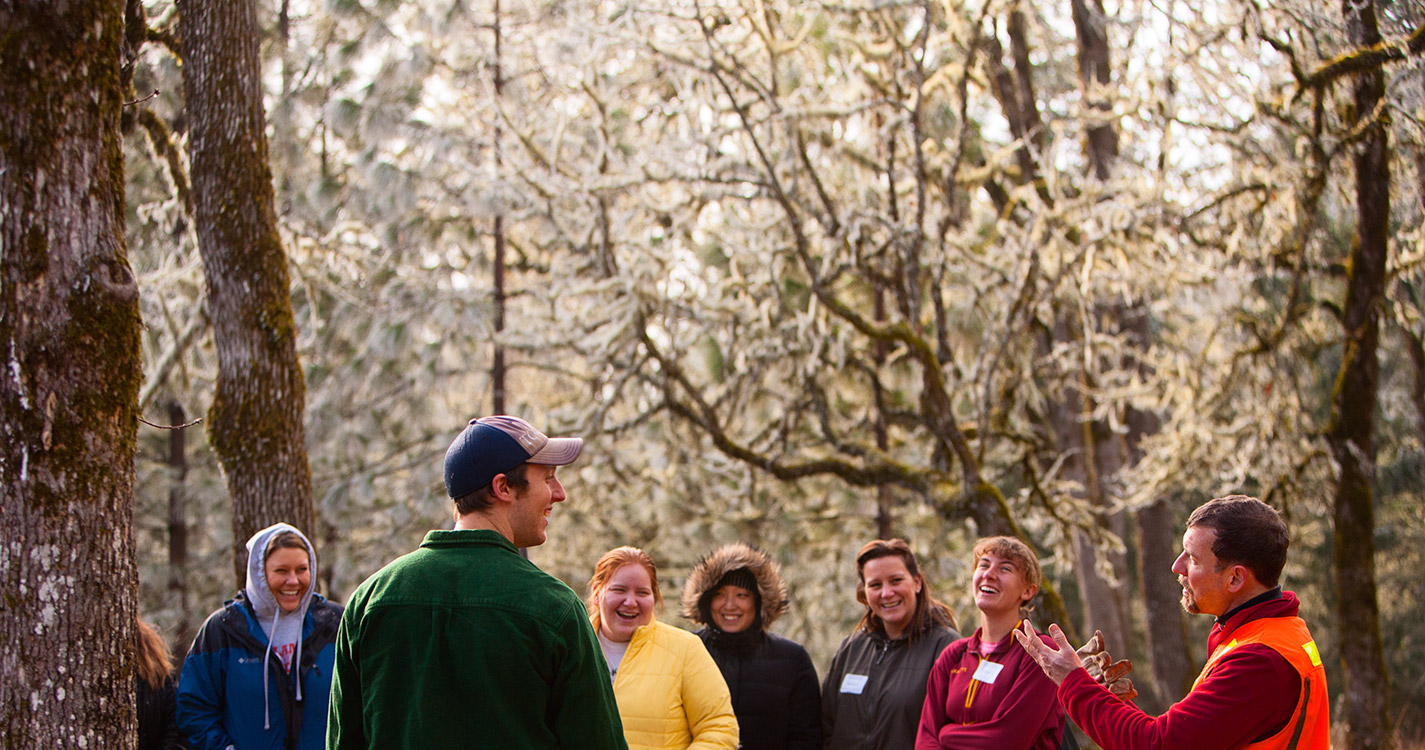 As an annual participant of Campus Sustainability Month, Willamette University Sustainability Institute has several events sprinkled throughout October. A Sustainability Month Film Screening is planned for the 19th and a Green Fund Mixer on Oct. 25th. Find all details & full schedule here.
As an annual participant of Campus Sustainability Month, Willamette University Sustainability Institute has several events sprinkled throughout October. A Sustainability Month Film Screening is planned for the 19th and a Green Fund Mixer on Oct. 25th. Find all details & full schedule here.
University of Washington
The 2017 Sustainable UW Festival takes place October 23-28 as part of the national Campus Sustainability Month. The festival highlights the amount and breadth of contributions and leadership efforts across campus as well as providing opportunities for students, faculty and staff to get involved. Find out more here.

Call for Student Ambassadors
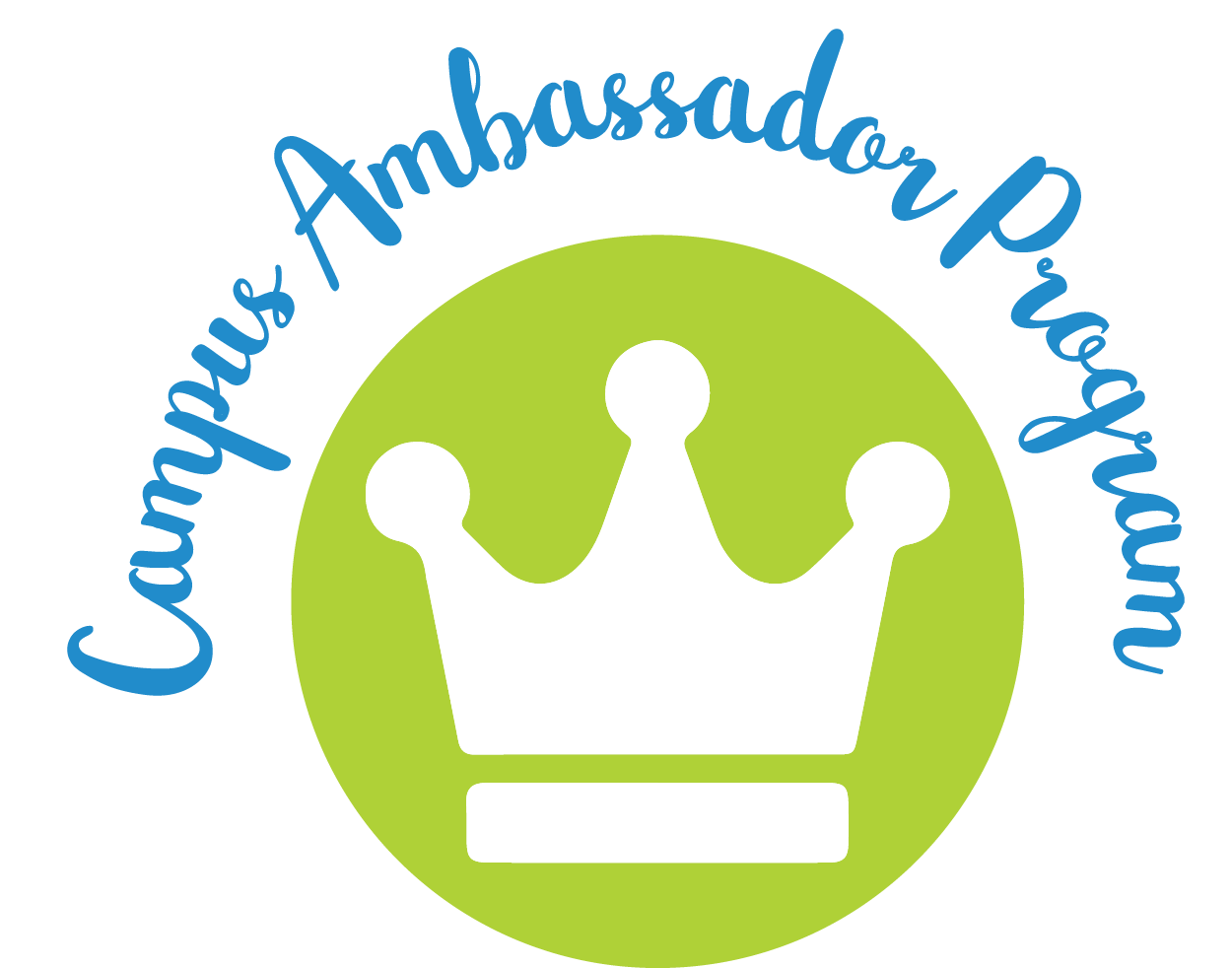 We are seeking sustainably-minded college students from Washington and Oregon schools to become WOHESC Campus Ambassadors. As an ambassador you will organize, recruit and champion student support for the sustainability departments to help activate greening programs in higher education. Campus Ambassadors will receive complimentary admission to the conference. Please share the Campus Ambassador Program Overview with students in your network or email Caroline@wohesc.org to become involved.
We are seeking sustainably-minded college students from Washington and Oregon schools to become WOHESC Campus Ambassadors. As an ambassador you will organize, recruit and champion student support for the sustainability departments to help activate greening programs in higher education. Campus Ambassadors will receive complimentary admission to the conference. Please share the Campus Ambassador Program Overview with students in your network or email Caroline@wohesc.org to become involved.
Resources
New Campus Sustainability Hub Resources
The Campus Sustainability Hub is a one-stop shop for AASHE members to access toolkits and resource collections in all aspects of sustainability in higher education. With advanced search filtering, this key member benefit is designed to facilitate information sharing between campuses and organizations.
Nothing planned yet? Find out how your campus can get involved here.
![]()
Host Highlight | Portland State University
"Sustainability - it's what we do!"

Sustainability permeates every aspect of PSU and is deeply integrated into their institutional mission, community partnerships, learning outcomes for students, as well as campus operations and planning. PSU models sustainable practices, constructs high performance buildings, implements a vibrant living laboratory for applied learning, and leads climate action research and initiatives throughout the region.
While attending WOHESC 2018 in beautiful downtown Portland, Oregon, you'll get a first-hand look at PSU's sustainability efforts, including:
- 9 LEED-certified buildings across campus
- The new Karl Miller Center, a LEED Platinum building including multiple ecoroofs and a passive cooling system
- The Student Sustainability Center, providing learning and leadership opportunities for students
- A student-run campus apiary
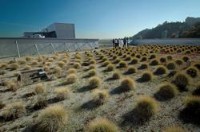 A platinum level Bicycle Friendly University and BIKETOWN hub, where over 70% of all trips to campus are through sustainable transportation modes
A platinum level Bicycle Friendly University and BIKETOWN hub, where over 70% of all trips to campus are through sustainable transportation modes- An innovative Data Visualization Theater, enabling collaboration to advance sustainability research and policy in the region
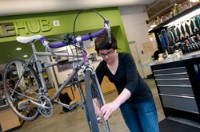
You can take a virtual campus sustainability tour of PSU here!
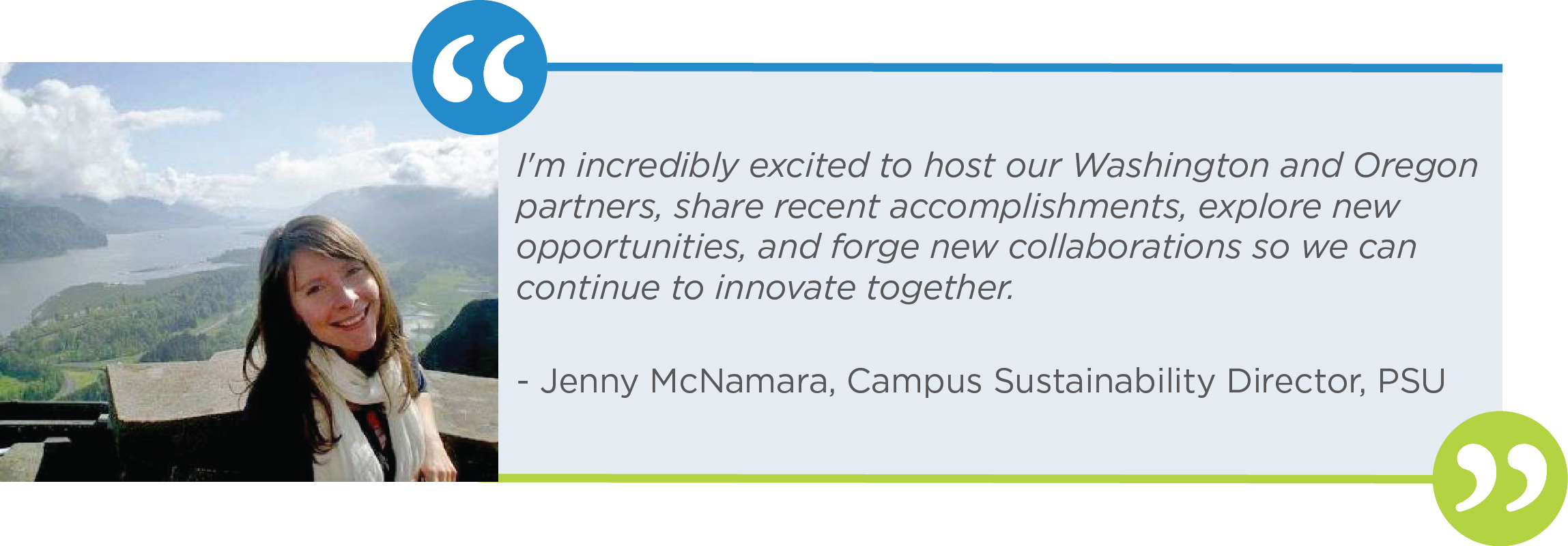
We look forward to seeing you at WOHESC 2018!
 © 2026 | Event by Social Enterprises, Inc.
© 2026 | Event by Social Enterprises, Inc.
PO BOX 31039
Portland, OR 97231
Office | 503.226.2377
Toll Free | 1.855.740.8417